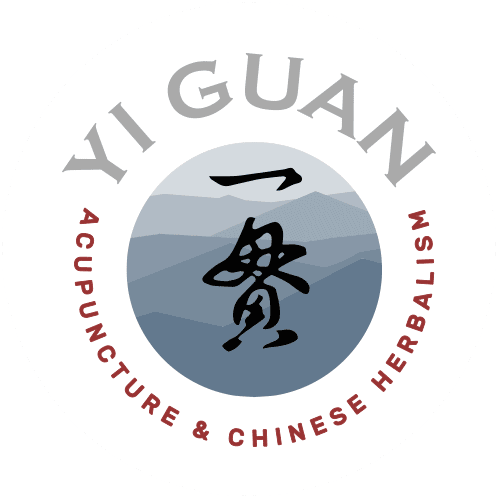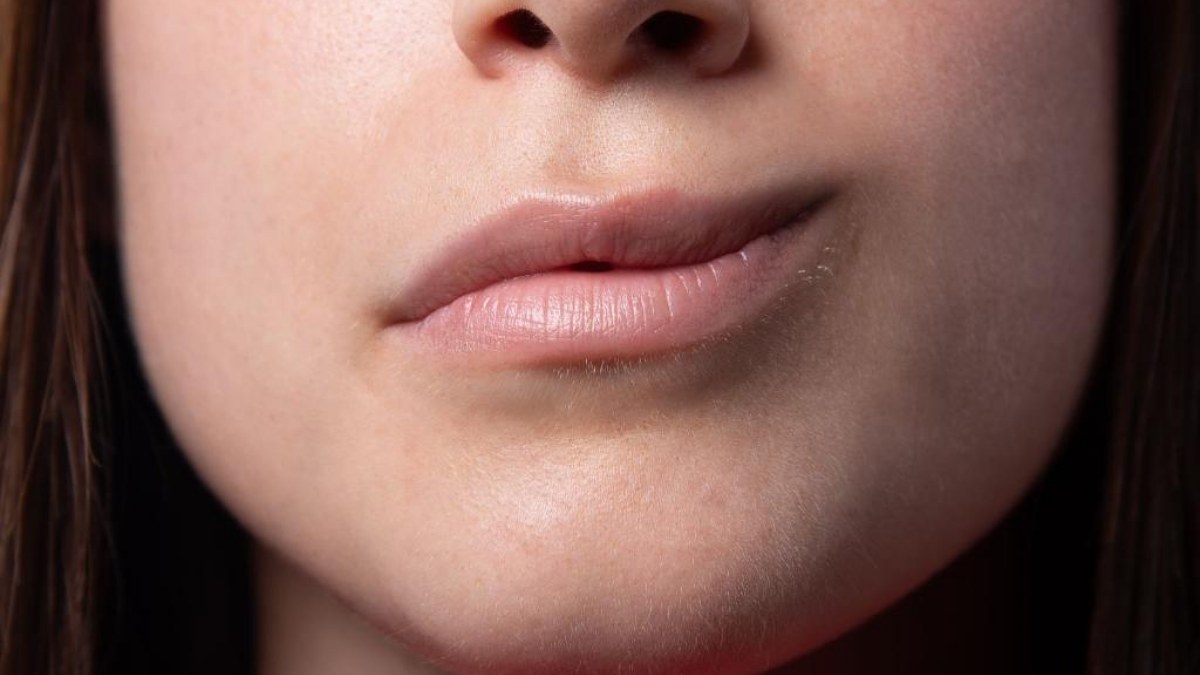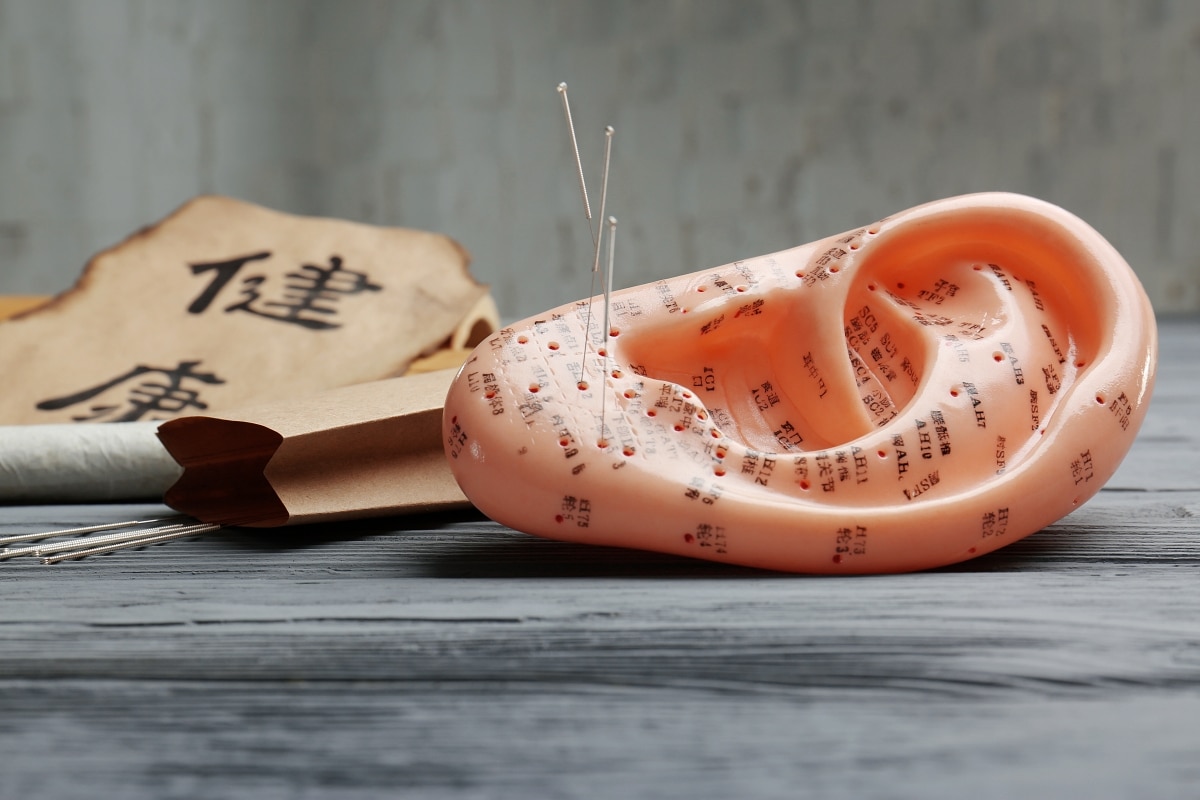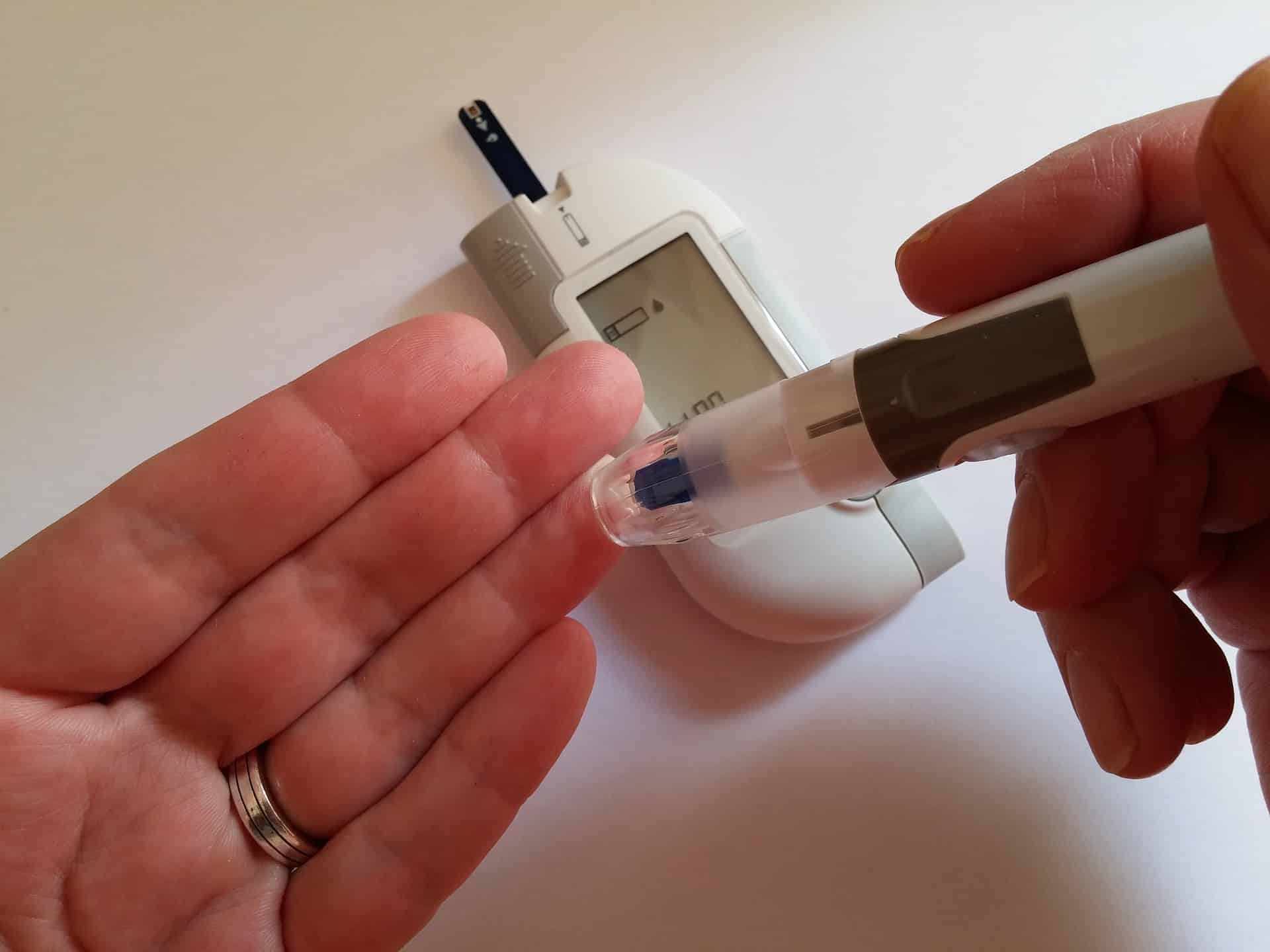Many people suffer from adhesive capsulitis, more popularly known as frozen shoulder. Though there are many options for treating frozen shoulder in Western medicine, those options often boil down to either taking steroids or undergoing surgery. For people wanting to avoid such measures, acupuncture, in combination with other Traditional Chinese Medicine (TCM) therapies, can offer an alternative treatment for frozen shoulder.
WHAT IS FROZEN SHOULDER?
Frozen shoulder is most often caused by inflammation of the tissues surrounding the shoulder, collectively termed the capsule. In its normal state, the capsule is flexible and can fold, expand, and collapse as movements of the shoulder require. When there is injury or inflammation causing a stiffness of the tissue, too much fluid in the area, or even scarring, the capsule can lose this flexibility. Some patients experience range of motion issues instead of pain. The reason behind this is not well understood.
Therapies for frozen shoulder all aim to reduce the pain, decrease inflammation, and increase range of motion.
WESTERN MEDICINE PERSPECTIVE OF FROZEN SHOULDER
Western medicine uses anti-inflammatory medications, which help ease both the pain and underlying inflammation. These can range from over-the-counter medications to steroid injections.
Also part of the treatment, typically, is physical therapy. Using a variety of exercises, both with and without weight, the goal is to increase range of motion by slowly stretching the capsule back to its normal flexibility.
If there is no improvement with medication or physical therapy, the last recourse is commonly surgery. The goal of the surgery is to remove adhesions or bone spurs that impede the capsule’s movement.
EASTERN MEDICINE PERSPECTIVE OF FROZEN SHOULDER
In TCM terms, pain and restricted movement is thought of as qi or blood stagnation. In some cases, a tightness or decreased range of motion due to inflammation or other problems with tendons can be linked to “liver blood deficiency”. In Chinese medicine the liver blood is thought to nourish the sinews and tendons. If the liver blood is thin or stagnated, it will lead to the symptoms of stiffness and/or pain.
It is not difficult to see how Eastern medicine’s perspective parallels the same chain of events as the Western understanding of frozen shoulder pathology. The treatment plan is also similar to the Western approach, once the metaphorical language of Chinese medicine is translated into modern Western medical terms.
ACUPUNCTURE FOR FROZEN SHOULDER
Though early in the investigation, studies are coming out that demonstrate the successful application of acupuncture in treating frozen shoulder. This makes it an optimal choice for people who aren’t comfortable with steroid injections or prolonged use of oral steroids.
The approach is simple: if the qi or blood is not moving, use techniques to move it. To accomplish this the practitioner inserts a fine needle into an area of fascia or muscle fibers that are stuck together. Then, by employing needle manipulation techniques, the practitioner breaks the adhesions and restores the smooth movement in the area.
The needle insertion for this type of acupuncture is most commonly done at the shoulder. But sometimes using points on other parts of the body can accomplish the objective. The proposed mechanism for using a point below the shoulder relates to the universal connection of all the body’s fascia, discovered through hundreds of years of astute observation by Eastern medicine practitioners. A simple way to visualize what’s happening is to think of it like tugging on the end of a sheet to smooth out wrinkles in the middle.
An additional therapeutic benefit of using acupuncture for a frozen shoulder is that the needle’s presence in the shoulder tissue elicits a local reaction from the immune system. This, in turn, relieves some of the pressure by encouraging the circulation of fluid in the shoulder area.
HERBAL TREATMENT FOR FROZEN SHOULDER
There are several options available to the Chinese herbalist in regards to anti-inflammatory agents. Within the system of Chinese herbalism, these are herbs with actions meant to disperse blockages, invigorate qi and blood, and to smooth and nourish the sinews and tendons. One herb in particular has long been associated with treating shoulder/arm pain issues. In China it’s called jiang huang, but the West knows it as turmeric.
A formula of turmeric and other healing herbs can be built around a patient’s specific spread of symptoms, as well as their underlying state of health. In conjunction with acupuncture therapy, this can optimize the treatment regimen for frozen shoulder.
QI GONG THERAPY FOR FROZEN SHOULDER
Mirroring the two-part approach in Western medicine of anti-inflammatory drugs and physical therapy, qi gong routines are also part of a TCM treatment plan for frozen shoulder.
Qi gong is a perfect adjunct to use alongside Western physical therapy. Whereas Western physical therapy seeks to increase flexibility by pushing past limits and breaking adhesions, the Yi Guan clinic’s method of qi gong follows the gentle rule of 70%. Only do any movement to 70% of strain, pain, range of motion, stamina, or ability.
Consisting of smooth gentle movements designed to be done in under a few minutes and requiring no equipment, a qi gong therapy plan can be done several times a day. These movements can keep up whatever gains are achieved in Western physical therapy between sessions.
Studies show that mixing both Eastern and Western therapies have the best results for fast and long lasting recovery.
If you’d like to know more about how acupuncture, medicinal herbs, and qi gong can help treat frozen shoulder, contact us today.
Join the Yi Guan Newsletter List!
Sent out just once a month, the newsletter keeps you informed about acupuncture, herbalism and special offers at Yi Guan Acupuncture and Chinese Medicine.
Article Sources:
Acupuncture for frozen shoulder, Hong Kong Med J. 2001 Dec;7(4):381-91.
The Effectiveness of Acupuncture in the Treatment of Frozen Shoulder: A Systematic Review and Meta-Analysis, Evid Based Complement Alternat Med. 2020; 2020: 9790470.
The effect of electroacupuncture merged with rehabilitation for frozen shoulder syndrome: A single-blind randomized sham-acupuncture controlled study, J Formos Med Assoc . 2020 Jan;119(1 Pt 1):81-88. doi: 10.1016/j.jfma.2019.03.012. Epub 2019 May 13.
Acupuncture management for the acute frozen shoulder: A case report, Clin Case Rep. 2021 Nov; 9(11): e05055.
Chen, John & Chen, Tina, Chinese Herbal Formulas and Applications, Art of Medicine Press 2015







